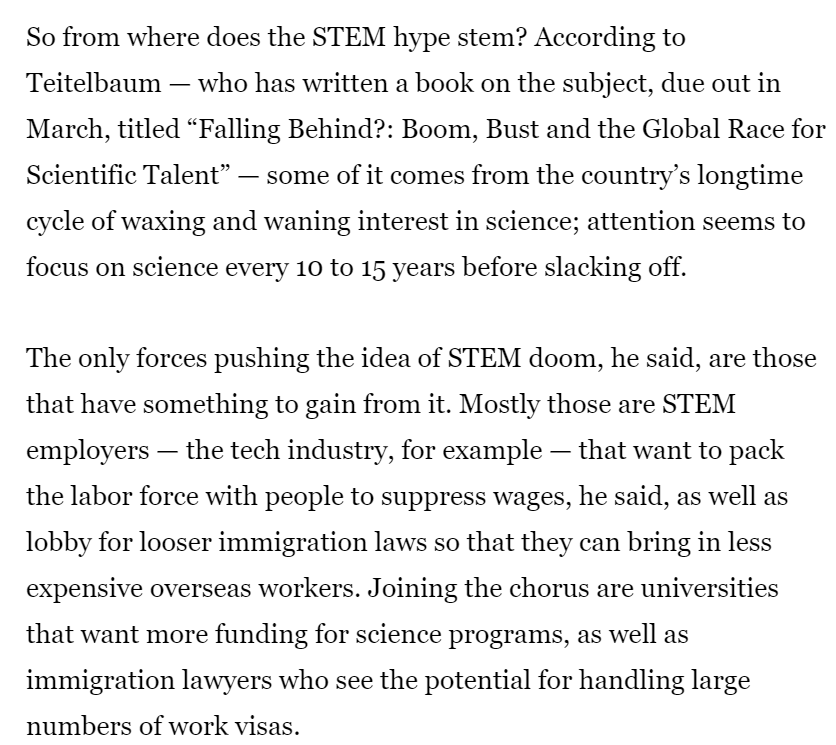
Strategy Prof @ University of Sussex Business School, Science Policy Research Unit (@uniSussex), @SPRU
Teaching on the Science and Technology Policy (STP) MSc
How to get URL link on X (Twitter) App



https://twitter.com/ukonward/status/1626911471056691202I'm extremely sceptical of the science superpower talk.






